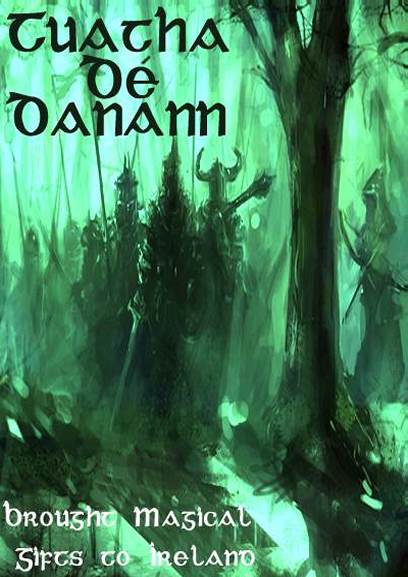The Tuatha Dé Danann, the people of the Goddess Danu, were one of the great
Ideas, thoughts, words, lines, tales and all things mysterious, innovative, inspirational and simply beautiful. Let us whisper together now!
Monday 29 August 2022
Wednesday 24 August 2022
Tuesday 23 August 2022
Monday 22 August 2022
Sunday 21 August 2022
Wednesday 17 August 2022
Lioness of Brittany
Found this yesterday while opening files to delete what's simply taking up space. It's been on my computer quite a while, but I thought I'd share it here. Bards and Tales, after all :)
Tuesday 16 August 2022
Half a million views!
A massive milestone reached! Over 500k visits to Bards and Tales!
From the bottom of my heart, THANK YOU for visiting (even when it gets a mite quiet over here!)
xxx
Monday 15 August 2022
Sunday 14 August 2022
Saturday 13 August 2022
Friday 12 August 2022
Wednesday 10 August 2022
Tuesday 9 August 2022
Tuatha De Danann
Reposted from:
The Tuatha Dé Danann - Ireland's Greatest Tribe (ireland-information.com)
The Tuatha Dé Danann - Ireland's Greatest Tribe
The arrival of the tribe in Ireland is the stuff of legend. They landed at the
The Tuatha Dé Danann won the inevitable battle with the Fir Bolg but, out of
The new rulers of Ireland were a civilised and cultured people. The new skills
The original leader of the Tuatha was Nuada but, having lost an arm in battle
Breas raised an army of Fomorians based in the Hebrides and they battled
The grandsons of the next King, Daghda, ruled during the invasion by
The Melesians used the name of one of the Tuatha Dé Danann gods, Eriu,

Friday 5 August 2022
Thursday 4 August 2022
Subscribe to:
Posts (Atom)


.png)



.jpg)
.png)

















.png)





.jpg)
.png)



.png)